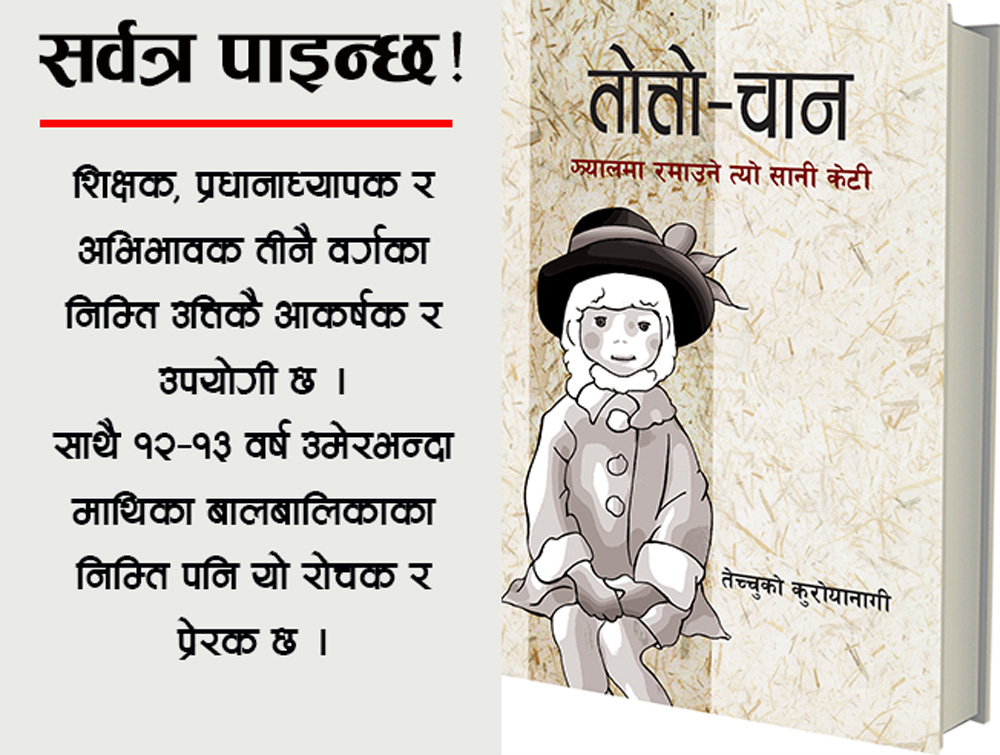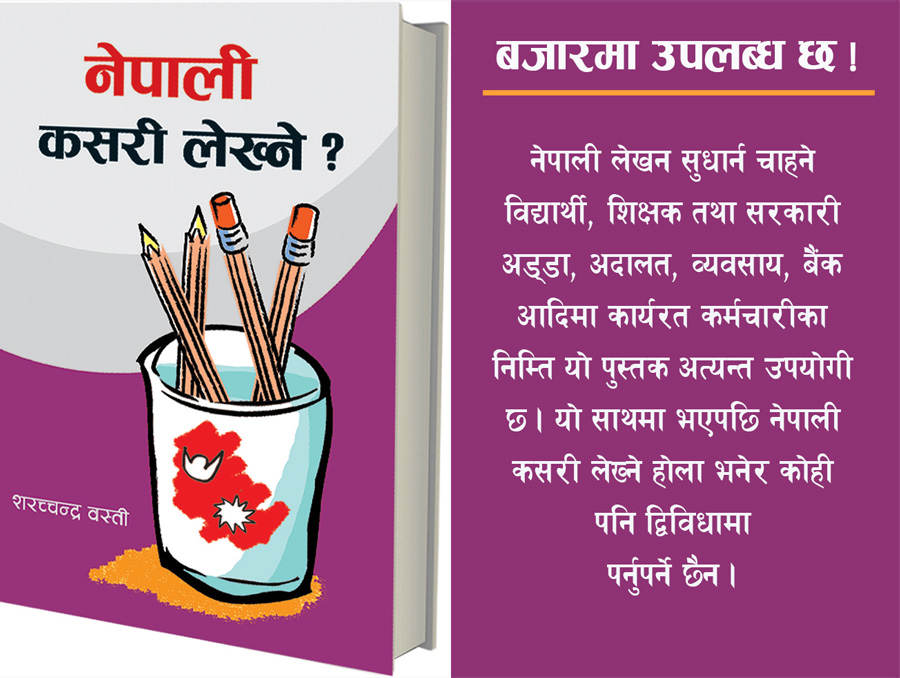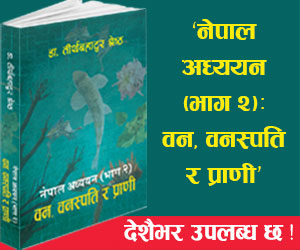The Globalization of English
Contextualizing Language Learning in the Nepali Classroom
Ultimately, if our purpose as teachers of English in Nepal is to enable our students to truly use English then we must try to make the language relevant.
English has been considered truly as the global language.It has become the language of international business, government and academia. Where does the emphasis on English in Nepali schools specificallystem from? I have been asking this question to my colleagues at Adarsha Saula Yubak H.S.S. and College for the past four months.
Given below are some of the answers:
Much of Nepal’s economy is reliant on the tourism industry. English is an international language and thus very helpful and often essential for tourism.
In promoting international business and development work English is an invaluable tool.
Finally, a very high percentage of the modern world’s literature is available in English—books and texts, lectures and films on countless subjects from mathematics and the sciences to literature, politics, philosophy and economics.
So what is it that we are trying to accomplish by teaching English to our students, both in English as a foreign language classes as well as in every other class except Nepali in the ever-increasing number of English medium schools?Are we giving them a tool, with concrete, practical uses? Is our aim to prepare and equip them for a variety of work in the future. If so, then I believe that we must adjust the way in which we teach English.
We need to adopt a new perspective, a new approach to English language learning. I base this claim upon the fact that English has ceased to be a Western language in many senses. Today, majority of English spoken around the globe is by non-native speakers of English . The result of this development is that most of the English spoken and used in spheres like international business is not the language of Shakespeare or British primers. Non-native speakers have adapted the language to meet their respective needs, transforming it into a malleable international tool for modernization and globalization.
So much of the English teaching resources used in Nepal come weighted down in cultural packaging that is utterly irrelevant in a Nepali as well as non-Western context. Of the 250+ students I work with on a regular basis, many seem confused and awe struck at times over the heavy emphasis on English in their curriculum. One thing that has impressed me most after coming to Nepal as a teacher this year is the deep, genuine sense of nationalism, particularly among the youth. My students are proud to be Nepali and adore their heroes , their history, their rich culture. This sense of nationalism is encouraged in the classroom both by individual teachers and in Nepali and Social Studies curricula. It is not surprising, therefore, that my students at times express resentment when they are told “Speak English! No Nepali” or “You must learn English!” It seems to me that they feel learning English is in a way a betrayal.
Jean-Paul Nerrière, author of a rather radical book called Globish suggesting people should stop trying to learn English and instead use a shortened but useful version of English that he calls Globish, argues that, “language is the vehicle of a culture."So much of the content we work with in our English language classes illustrates the truth of the statement. The complex and often outdated words my students are expected to know and the complicated, generally unnecessary grammar are frustrating. Question Tags are a perfect example of a grammatical structure that is hammered into our students from an early age that they neither need to know or use in order to read or communicate effectively in English. In many ways, the government English textbooks have contextualized English with Nepali content, stories about Nepali characters and places for example. What the textbooks begin, however, needs to be developed and completed by teachers in the classroom.
As English teachers, it is our duty to make our students understand that English is a tool and the study of it is not intended to force Western culture on them but enable them to engage with the global community. How do we do this? Probably the most practical and efficient way to contextualize English in the Nepali classroom is through vocabulary. Incorporating new culture-specific vocabulary from other languages into English is a long-practiced tradition. There are a great number of “English” words and phrases that have been borrowed or calqued from other languages. A few examples are: trek, résumé, hijab, and guru. People have added them to English as English-speakers interacted with new cultures in in a different context.
English as a language in Nepal must now again adapt so as to be relevant for usage by Nepali English speakers.Here are a few suggestions for how to include contextually relevant vocabulary in your classroom: (Contextually relevant vocabulary includes both words and phraseswhich Nepali speakers of English need):
1. Try not to emphasize the vocabulary included in the textbooks we use that you never use yourself when speaking English and does not have direct application to the use of English in Nepal, or at least in Asia. Instead, incorporate words in whatever languages your students speak. Many of these Nepali-English words and phrases will be more relevant to Nepal-specific food, traditions, relationships, modes of transportation, or popular phrases.
2. Demonstrate th hem how to Romanize these words so that they can use when writing in English.
3. Work with them to create definitions in English for these non-English words.
4. Encourage them to use these words in their English speaking and writing practice.
Ultimately, if our purpose as teachers of English in Nepal is to enable our students to truly use English then we must try to make the language relevant. We need to encourage our students that they should use English for all they can get out of it as a tool while assuring them that it is no more than that: a tool. We should do this by emphasizing the most practical aspects of the language in the South Asian context and downplaying the inherent Western culture that inevitably comes with it.
The auther is English Teaching Assistant and associated with USEF Nepal/Fulbright Commission.



